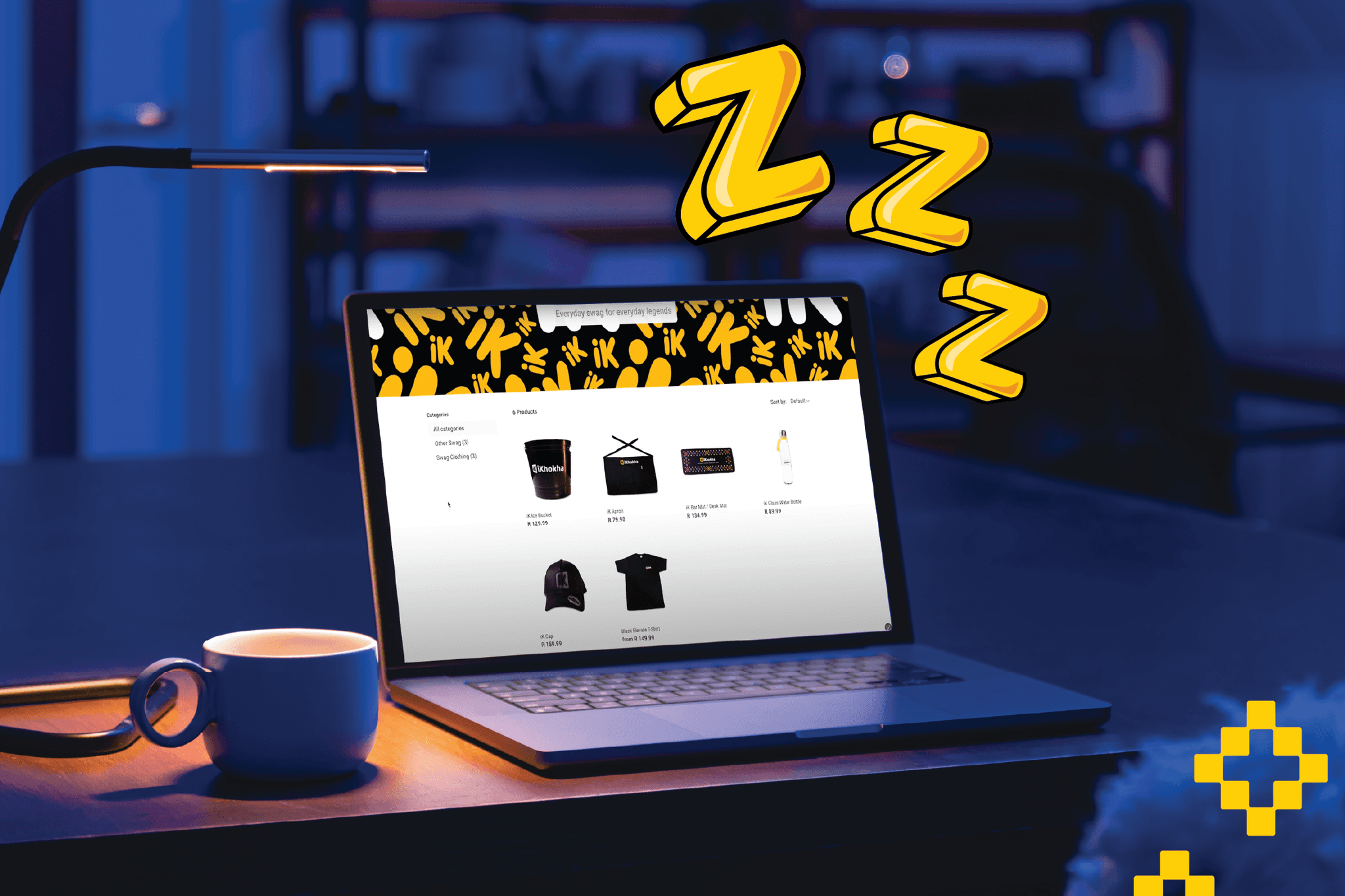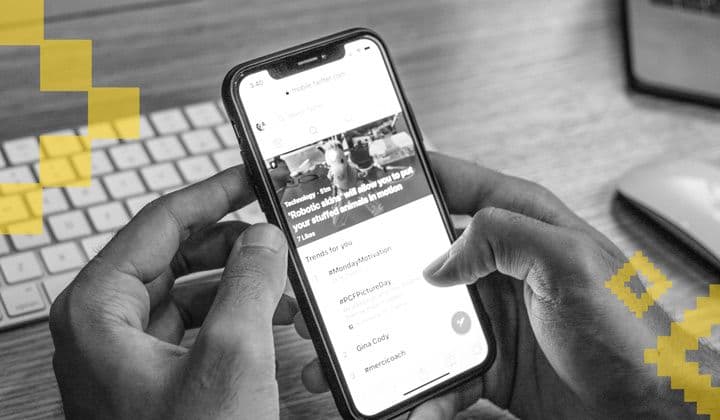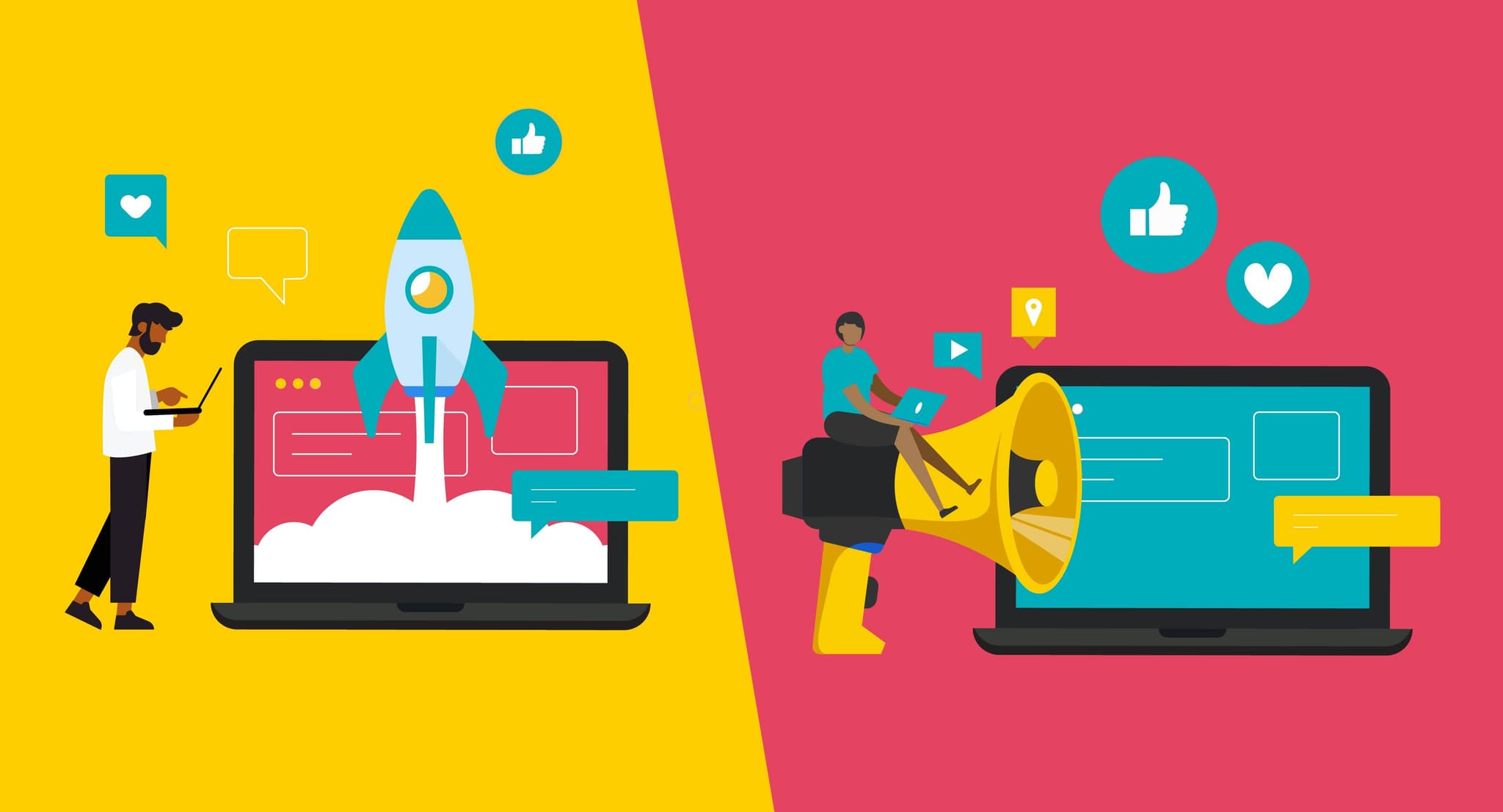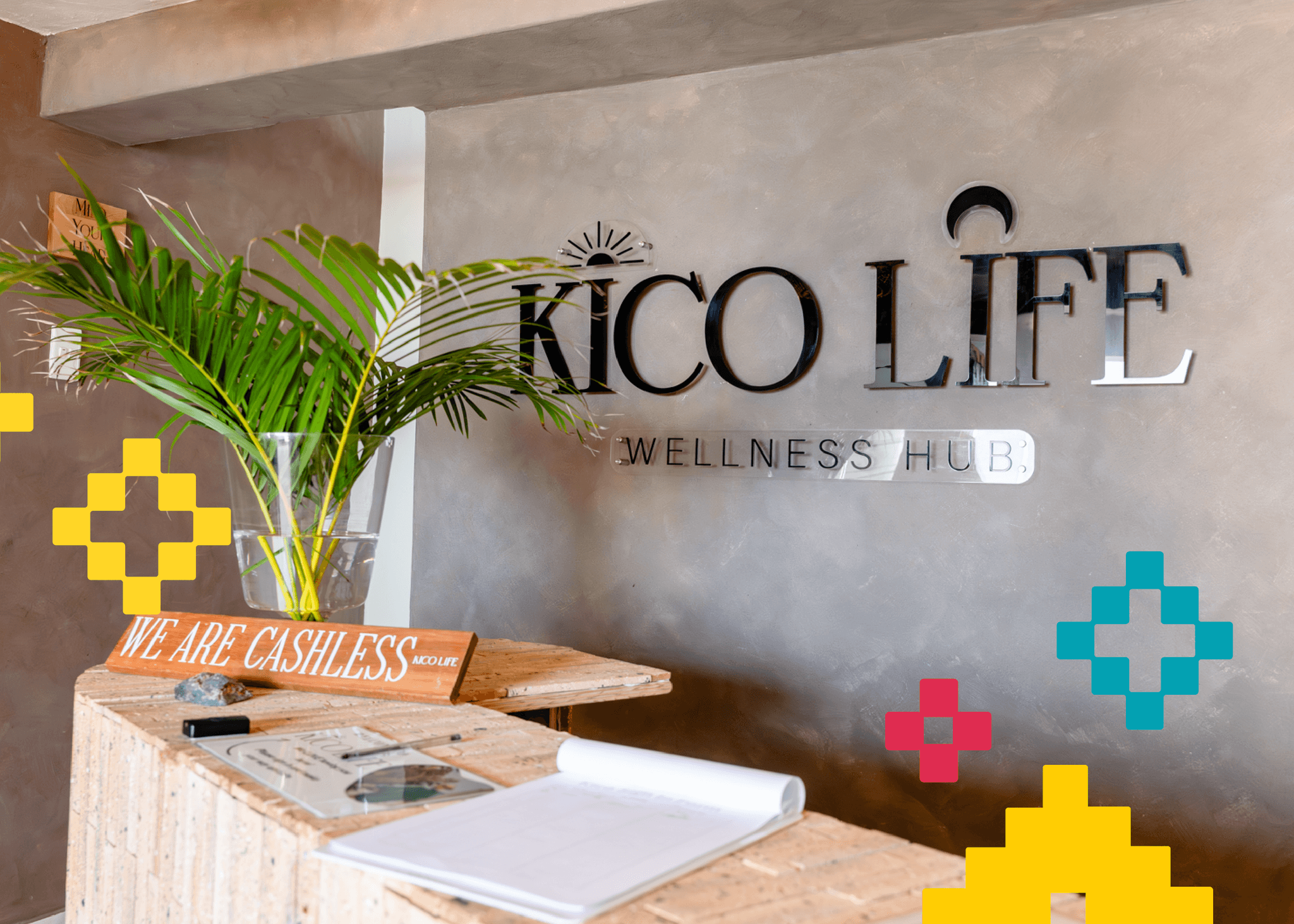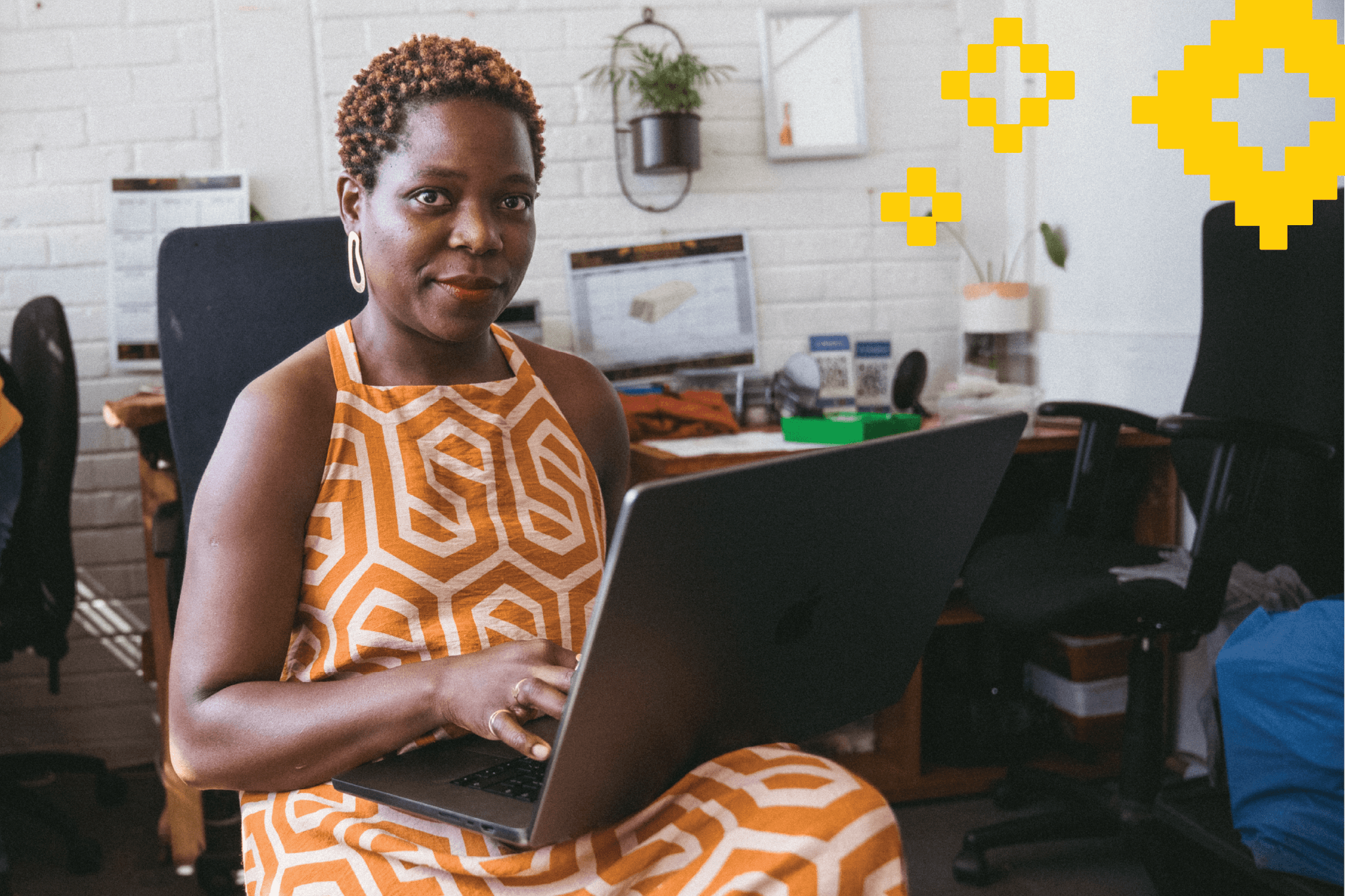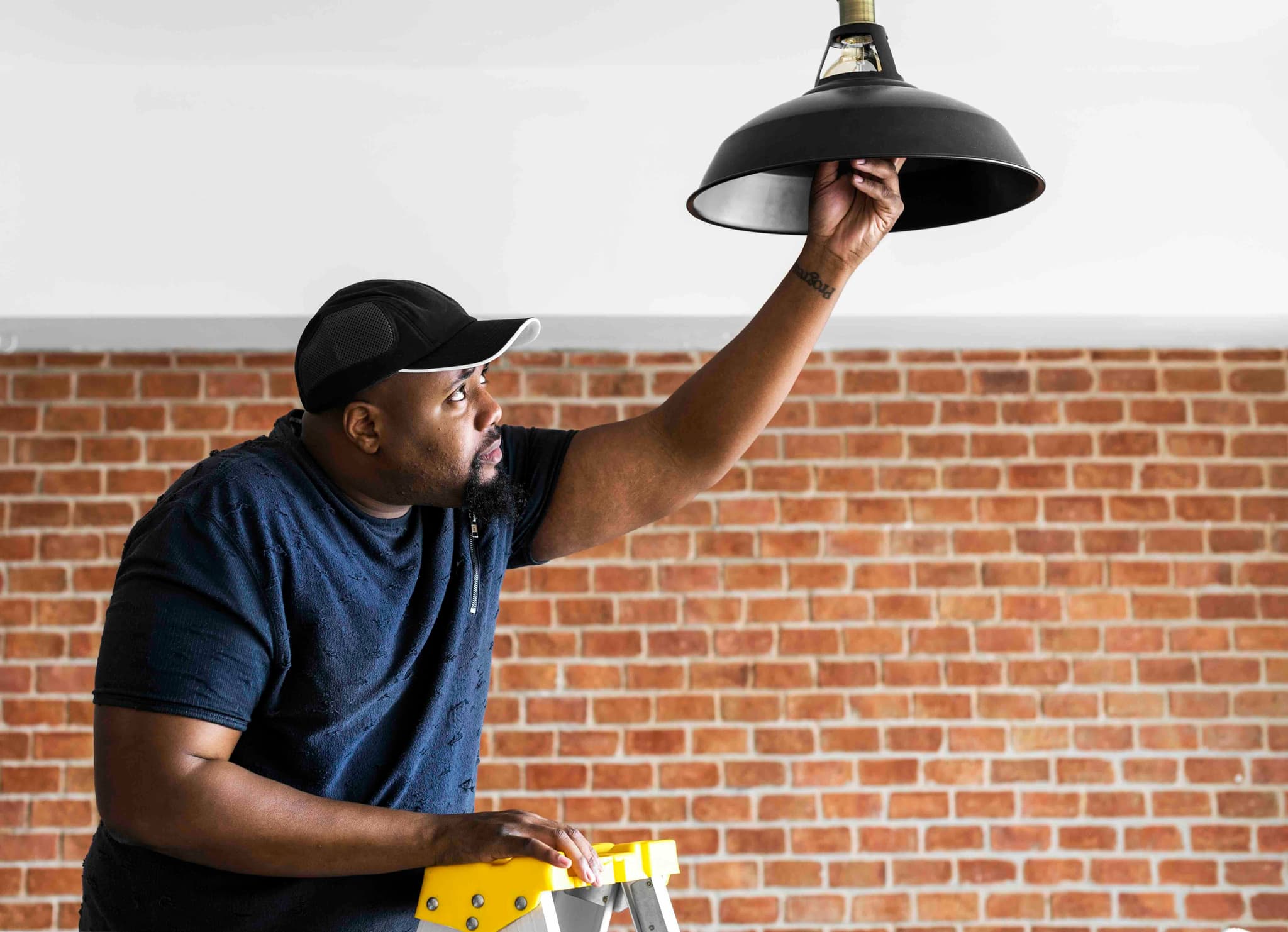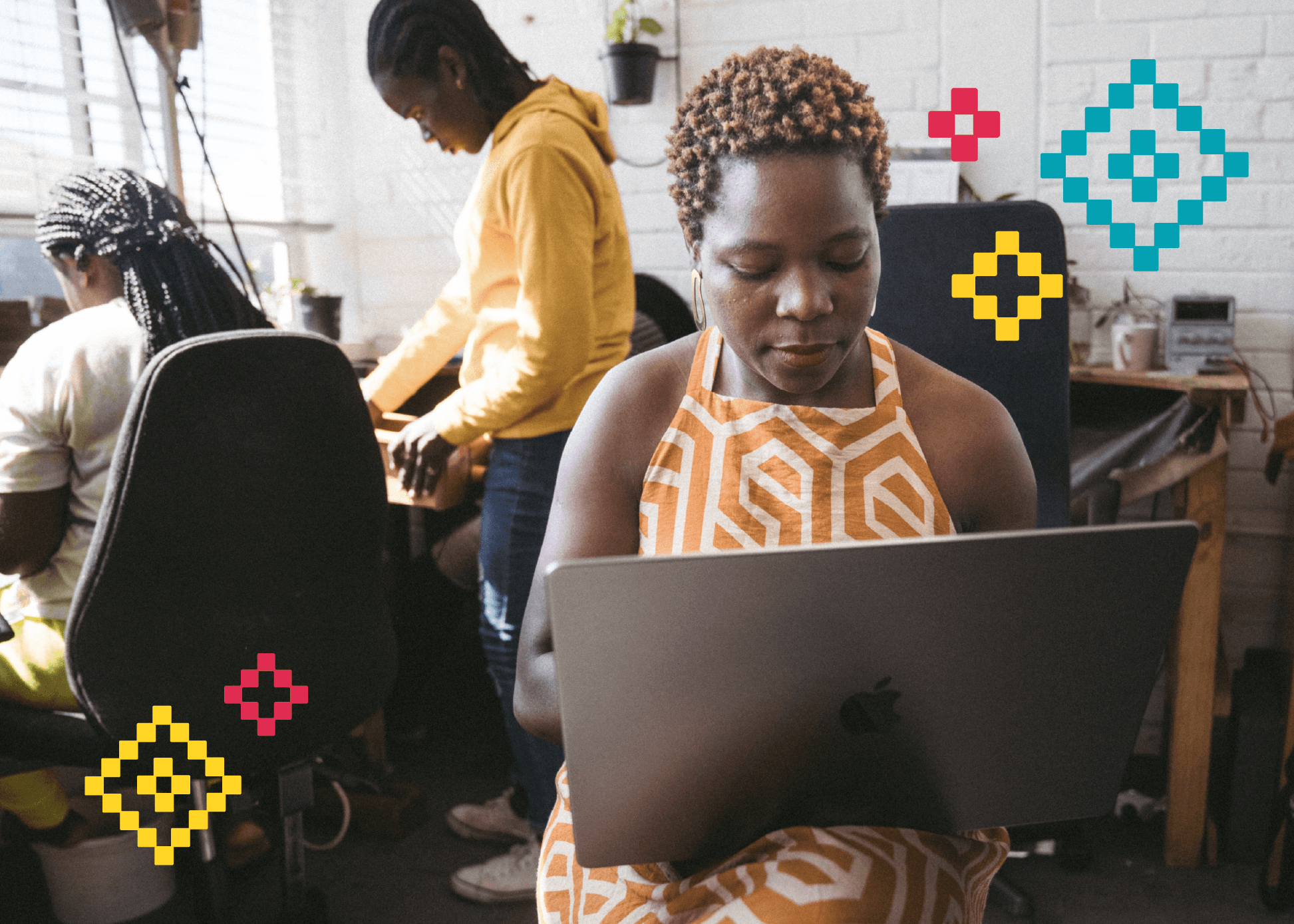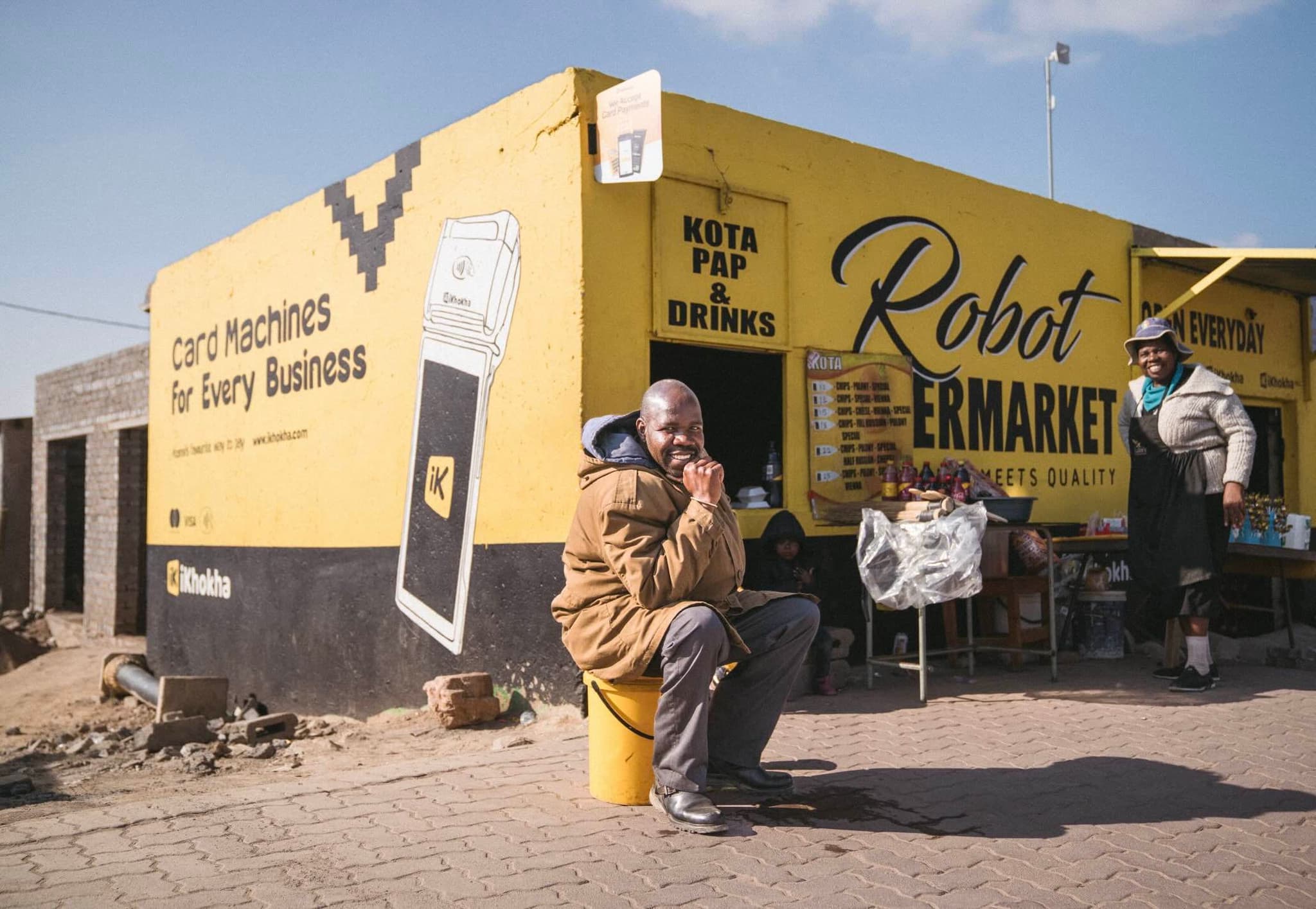
15 E-Commerce Terms Every South African Small Business Owner Should Know
Here's your glossary of the most common E-commerce buzzwords, and how to fit them into your digital vocabulary.
BY Sarah Heron
Table of Contents
- Introduction
- TL;DR: Your quick e-commerce glossary
- 1. E-Commerce
- 2. Online store
- 3. Shopping cart
- 4. Checkout
- 5. Payment gateway
- 6. Merchant account
- 7. Transaction fee
- 8. SSL Certificate
- 9. Inventory management
- 10. Order fulfilment
- 11. Omnichannel
- 12. Dropshipping
- 13. SEO (Search Engine Optimisation)
- 14. Conversion rate
- 15. Customer retention
Selling online can feel like stepping into a whole new world. And sometimes, it feels like this world has its own secret language. If you’ve ever read about starting an online business and thought, “Wait, what does that mean?” you’re not alone.
Here’s the good news. Once you know these key e-commerce terms, you’ll feel more confident when setting up your ecommerce platform, chatting to suppliers, and planning your online marketing strategies. And trust me, it’s not as complicated as it sounds.
Whether you’re running a spaza shop and want to sell products and services online, a baker taking cake orders via WhatsApp, or a boutique owner launching a mobile-friendly website, this glossary will give you the basics you need to grow your business.
TL;DR: Your quick e-commerce glossary
- E-Commerce: Selling goods or services online.
- Online Store: Your digital shopfront.
- Shopping Cart: Where customers keep items before buying.
- Checkout: The final step before payment.
- Payment Gateway: Secure tool for processing payments.
- Merchant Account: Bank account for receiving online payments.
- Transaction Fee: Small fee per payment processed.
- SSL Certificate: Security layer that protects customer data.
- Inventory Management: Tracking your products.
- Order Fulfilment: Getting the product to the customer.
- Omnichannel: Selling through multiple platforms.
- Dropshipping: Selling products you don’t physically stock.
- SEO: Making your store easy to find on Google.
- Conversion Rate: How many visitors turn into buyers.
- Customer Retention: Keeping customers coming back.
1. E-Commerce
E-commerce means buying and selling goods or services online. Think of it as your shop being open 24/7, but instead of foot traffic, customers browse from their phones, laptops, or tablets.
From coffee roasters delivering nationwide to beauty brands selling via Instagram, e-commerce makes small business growth possible anywhere in South Africa.
If you’re new to this, our guide on How to Start a Business in South Africa is a great place to start before you go digital.
2. Online store
Your online store is your digital shopfront, the main place customers visit to browse, learn about, and buy your products or services.
This could be a full ecommerce website, a free iK Webstore, or even a Facebook Shop. The big win? No rent, no set hours, and a bigger reach. Just make sure your store offers a great customer experience with quality photos, clear pricing and easy navigation.
You can launch one in minutes with the iK Webstore, which comes with secure online transactions built in.
3. Shopping cart
A shopping cart is a virtual basket where customers keep items before buying. Just like in a physical store, it’s where they decide what stays and what goes.
A smooth shopping cart experience with clear delivery costs and multiple payment options can reduce abandoned orders and help you sell more.
4. Checkout
The checkout is where the customer confirms their order, enters their delivery details, and makes payment.
A fast, easy checkout helps improve sales and builds trust. If it’s clunky or confusing, people may leave before paying. iK Pay Gateway makes sure your checkout is secure, simple and supports multiple payment methods.
5. Payment gateway
A payment gateway is the secure technology that processes online payments for your store. It connects your ecommerce platform to the customer’s bank so money can move safely.
With iK Pay Gateway, you can accept card payments, EFTs, and mobile payments, all with fraud protection, giving customers confidence in every purchase.
6. Merchant account
A merchant account is a special bank account that holds your online sales before transferring them to your main account.
With iKhokha, you don’t need to open a separate account. We handle the process so you can focus on selling products and services, not admin.
7. Transaction fee
This is the small fee you pay each time a customer completes a transaction through your online store. It covers payment processing, security, and tech upkeep.
Knowing your transaction fees helps you set prices that protect your profit while keeping customers happy.
8. SSL Certificate
An SSL certificate keeps your customers’ personal and payment information safe during online purchases. It’s what makes that little padlock icon appear in a web browser.
Without it, customers may not trust your store. Luckily, every iK Webstore comes with SSL security already set up so you can offer safe, secure online transactions from day one.
9. Inventory management
Inventory management is how you track what products you have available, what’s running low, and when to restock.
iKhokha's catalogue feature lets you easily list and organise your products, but it’s not a stock tracking system. If you need full order tracking and stock level alerts, you might combine it with a dedicated tool.
10. Order fulfilment
Order fulfilment is how you get your product from your business to your customer. It could be through a courier, postal service, or local delivery.
A smooth fulfilment process improves customer satisfaction and increases the chances they’ll shop with you again.
11. Omnichannel
Omnichannel selling means you’re reaching customers through multiple platforms like having an iK Webstore, selling on Instagram, and taking in-person card payments with an iK Flyer or iK Flyer Lite.
It gives customers more ways to shop with you and creates a consistent experience across all channels.
12. Dropshipping
Dropshipping is when you list and sell products without keeping them in stock yourself. When someone orders, your supplier ships directly to the customer.
It’s low cost to start, but quality control is in the supplier’s hands, so choose partners you trust.
13. SEO (Search Engine Optimisation)
SEO is the process of making your online store easy to find in search engines like Google. It involves using the right keywords, having a mobile-friendly website and creating content that matches what customers are looking for.
Learn more in our blog on How to Market Your Business Online.
14. Conversion rate
Your conversion rate shows how many visitors become paying customers. If 200 people visit and 10 buy something, your conversion rate is 5%.
Improving product descriptions, speeding up checkout and offering free delivery can help boost conversions.
15. Customer retention
Customer retention is about getting customers to buy from you again. Loyal customers spend more and are more likely to recommend you to others.
You can build loyalty with exclusive offers, great service and by keeping your brand top-of-mind through email or social media updates.
Ready to Grow Your Online Business? Now that you know the basics, you can set up your store with confidence.
Tools like the iK Webstore and iK Pay Gateway make selling products and services online simple, secure and affordable so you can focus on growing your business
